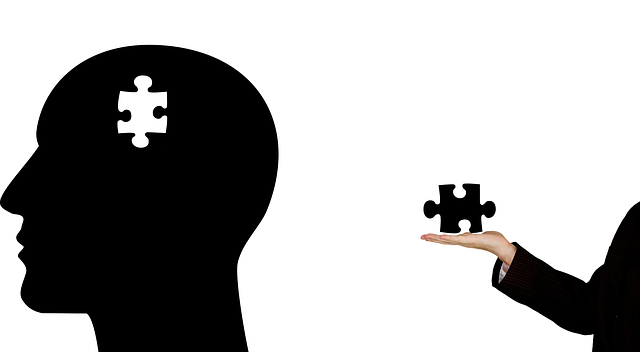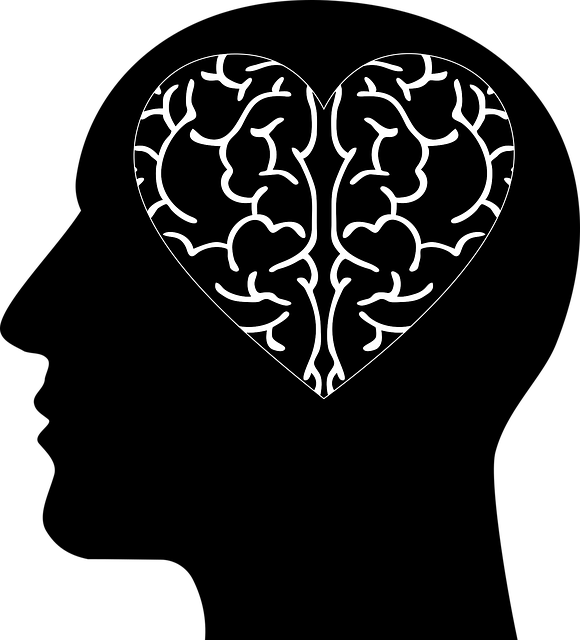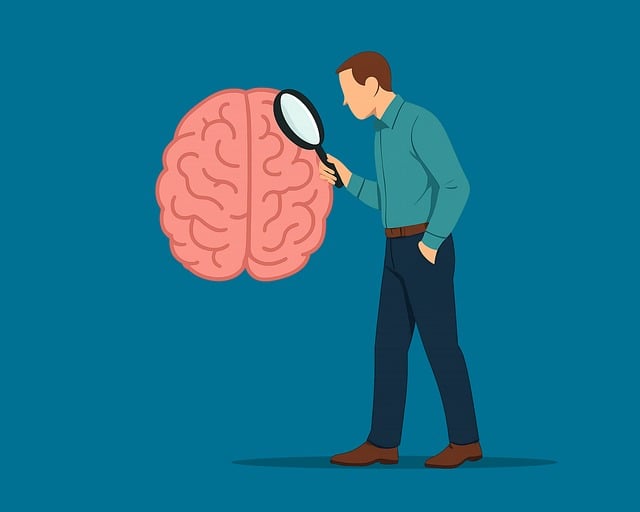Comprender las necesidades únicas de los adolescentes hispanohablantes es esencial para diseñar programas efectivos de bienestar mental. Estos jóvenes enfrentan retos culturales, lingüísticos y de identidad que impactan su salud mental. La terapia debe ser culturalmente sensible e involucrar a sus familias. Las técnicas de resolución de conflictos son clave para expresar emociones y resolver problemas. La concienciación sobre la salud mental y la sensibilidad cultural crean espacios seguros donde los jóvenes buscan ayuda sin temor al estigma. Evaluar estos programas requiere métodos cuantitativos (encuestas, análisis estadístico) y cualitativos (testimonios, entrevistas) para medir mejoras en bienestar, habilidades de autocuidado y resolución de conflictos, asegurando servicios accesibles y relevantes para terapia de adolescentes hispanohablantes.
La evaluación de programas de bienestar mental es crucial para garantizar que las iniciativas dirigidas a adolescentes hispanohablantes sean efectivas y culturalmente sensibles. Este artículo explora los métodos de evaluación esenciales para comprender las necesidades únicas de esta población. Abordaremos la importancia de la cultura en la terapia para adolescentes, desde encuestas hasta testimonios de clientes, y estrategias de análisis de datos para medir el impacto y mejorar continuamente. Descubre cómo optimizar programas de salud mental en comunidades hispanohablantes.
- Understanding the Unique Needs of Adolescent Teens in Spanish-Speaking Communities
- Assessing Mental Health Programs for Cultural Sensitivity and Effectiveness
- Evaluation Methods: From Surveys to Client Testimonials
- Measuring Impact and Success: Data Analysis and Continuous Improvement Strategies
Understanding the Unique Needs of Adolescent Teens in Spanish-Speaking Communities

En las comunidades de habla hispana, comprender las necesidades únicas de los adolescentes es esencial para el diseño efectivo de programas de bienestar mental. Esta población joven enfrenta retos específicos, como la presión cultural, barreras lingüísticas y problemas de identidad, que pueden afectar significativamente su salud mental. Los servicios de terapia para adolescente de habla hispana deben ser culturalmente sensibles y adaptarse a sus contextos sociales y familiares.
Las técnicas de resolución de conflictos son herramientas valiosas en este enfoque, permitiendo a los adolescentes expresar sus emociones y resolver problemas dentro de un marco seguro y comprensivo. La Mental Health Awareness y la sensibilidad cultural en la práctica de la salud mental son fundamentales para crear espacios donde los jóvenes se sientan cómodos compartiendo sus experiencias y buscando ayuda sin temor al estigma o la incomprensión.
Assessing Mental Health Programs for Cultural Sensitivity and Effectiveness

Evaluating mental wellness programs requires a nuanced approach, especially when catering to diverse communities like Spanish-speaking adolescent teens. Cultural sensitivity is paramount as these programs aim to foster trust and effective communication. One key aspect is ensuring the program aligns with the cultural values and beliefs of the target population. For instance, incorporating family involvement in therapy sessions can be beneficial for Spanish-speaking teens, reflecting their strong familial bonds.
Moreover, assessing the program’s effectiveness involves measuring its impact on various aspects of mental wellness, including self-care routine development and compassion cultivation practices. By combining evidence-based therapeutic techniques with cultural considerations, programs can offer tailored support, potentially improving outcomes for this specific demographic.
Evaluation Methods: From Surveys to Client Testimonials

Evaluation methods play a crucial role in measuring the effectiveness of mental wellness programs, especially when tailored for adolescent teens from Spanish-speaking backgrounds. One of the most common and accessible tools is surveys, which can be distributed to participants before and after therapy sessions. These surveys often include questions about their overall well-being, stress levels, and improvements in specific areas like self-esteem or conflict resolution skills. For instance, programs incorporating Stress Reduction Methods and Conflict Resolution Techniques can gauge participant progress through these evaluative tools.
Additionally, client testimonials offer valuable insights into the program’s impact. Personal stories shared by adolescents and their families provide a nuanced understanding of therapy’s benefits. Testimonials highlight improvements in communication, enhanced self-awareness exercises, and the overall positive shift in managing mental health challenges. Such qualitative data complements quantitative survey results, providing a comprehensive evaluation of therapy programs for adolescent teens from Spanish-speaking communities.
Measuring Impact and Success: Data Analysis and Continuous Improvement Strategies

Evaluating a mental wellness program requires a thorough approach to measure its impact and success. This involves collecting and analyzing data to understand the effectiveness of interventions, particularly when catering to Spanish-speaking adolescent teens in need of therapy. Quantitative methods such as surveys, before-and-after comparisons, and statistical analysis can provide insights into changes in mental health outcomes, engagement with services, and satisfaction levels among participants. Qualitative techniques, including interviews and focus groups, offer deeper perspectives on individual experiences, cultural considerations, and barriers to care, ensuring a more nuanced understanding of program strengths and areas for improvement.
Continuous improvement strategies are essential in the context of mental wellness programs. By incorporating data-driven insights, organizations can adapt their approaches, design more targeted interventions, and address emerging challenges. For instance, identifying high rates of burnout among healthcare providers through Mental Health Policy Analysis and Advocacy can prompt the implementation of Burnout Prevention Strategies for Healthcare Providers. Regular evaluation ensures that services remain relevant, accessible, and impactful, catering to the evolving needs of Spanish-speaking teen populations in a dynamic healthcare landscape.
La evaluación de programas de bienestar mental es esencial para garantizar que las iniciativas de terapia para adolescentes en comunidades de habla española sean culturalmente sensibles y efectivas. Al combinar métodos que van desde encuestas hasta testimonios de clientes, podemos medir el impacto y mejorar continuamente estas estrategias. Comprender las necesidades únicas de los adolescentes en estos entornos permite crear programas adaptados y exitosos, promoviendo así la salud mental dentro de estas comunidades.













